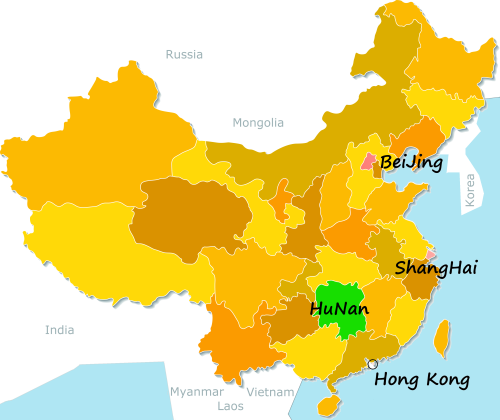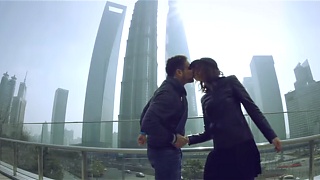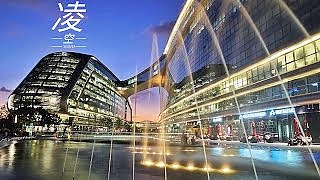A picturesque ascent. Part of the ZhangJiaJie scenic area.
[640],shadow=true,start=,stop=

Live more ...
 Driving up TianMen Mountain 天門山, HuNan province
Driving up TianMen Mountain 天門山, HuNan provinceA picturesque ascent. Part of the ZhangJiaJie scenic area.


|
With a great song by Pharrell Williams
Bonus film ...
Family and friends from the Philippines on a trip to Beijing ...
|

|
SiChuan province ...
Bonus films ...
|

|
With Walk East ...
|

|
With Seiu Travel ...
|

|
|

|
A beautiful and creative short film by Francis So ...
|

|
Geopolitics with Li JingJing, Lee Camp, George Galloway ...
Bonus film with Judge Napolitano and Larry Johnson ...
|

|
Futuristic office, retail and leisure spaces, on HuaiHai Road in central ShangHai, by XinTianDi 新天地.
|